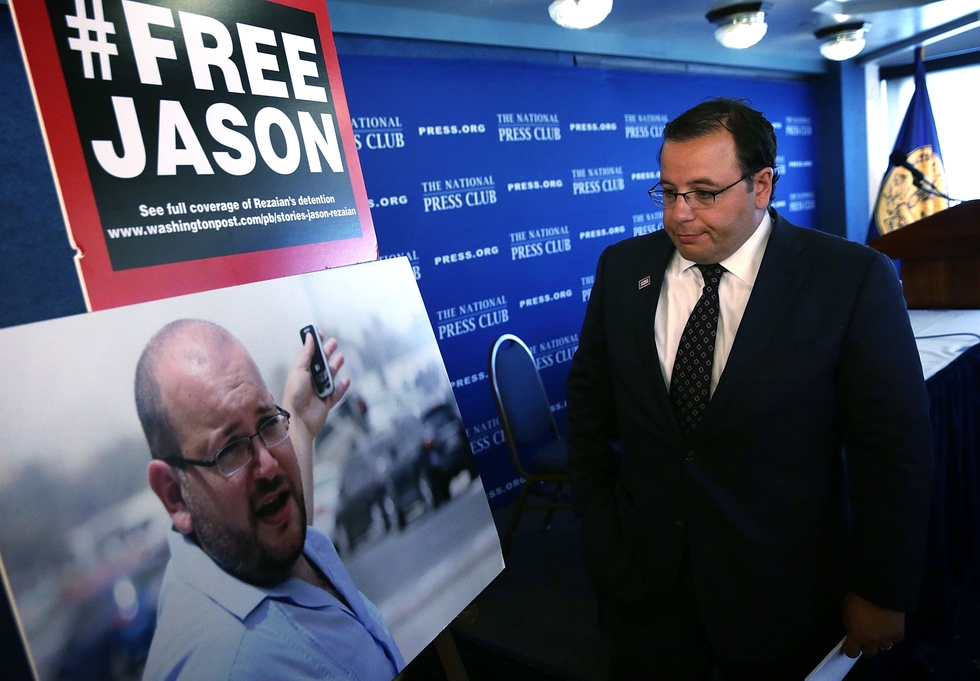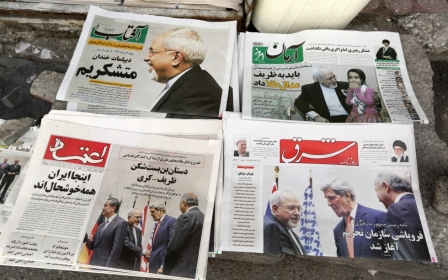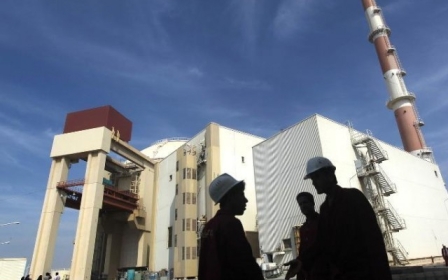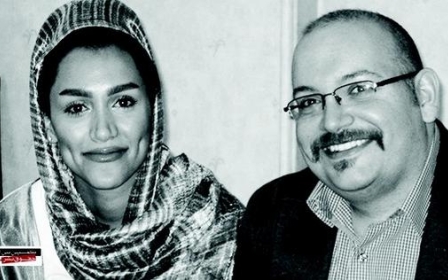Washington Post reporter’s espionage trial resumes in Iran

Washington Post correspondent Jason Rezaian could face what will be possibly the last court hearing on Monday before a verdict will be decided.
The 39 year old Iranian-American has been incarcerated by Iranian authorities since July 2014 under charges of espionage. His family and employer have denounced the trial proceedings, which have been behind closed doors, as a sham.
Rezaian’s lawyer, Leila Ahsan said that she was told Monday’s court appearance - Rezaian’s fourth - would be the last and that a verdict could be expected to be announced within a week.
The official IRNA news agency reported that the latest hearing, the first since Iran struck a nuclear deal with the US and other world powers, was under way but gave no other details.
Beforehand, Iranian officials did not make any claims regarding that today’s hearing will be the last. On Sunday, a top Iranian judicial official cast doubt on when the trial would end.
“The court decides which hearing will be the last one,” said Gholam Hossein Esmaili, chief of Tehran’s justice department. “Until then one cannot judge about it.”
Yet Ahsan told AFP that she presented the reporter's defence in Tehran and that there would be no further hearings unless an appeal is lodged when the judgment is announced.
The case has been heard by a Revolutionary Court, which usually presides over political cases or those related to national security.
Iran and the US have said there is no linkage between the charges against Rezaian and the nuclear talks but US officials and lawmakers have called for the reporter’s release.
Ahsan said on 28 July that she hoped the accord - in which Iran agreed to curb its nuclear programme in return for the lifting of crippling sanctions imposed by the west - would hasten her client’s release.
Martin Baron, the Washington Post’s executive editor, called the court hearing a “critical moment” as well as farcical.
“The secret court proceedings that began on 25 May have been a farce,” Baron said. “This is a critical moment. Iran has behaved unconscionably throughout this travesty of a case. It has imprisoned an innocent journalist for more than a year and subjected him to physical mistreatment and psychological abuse.”
Rezaian, who has been the Post’s correspondent in Tehran since 2012, was arrested with his wife Yeganeh Salehi, also a journalist, at their home in the capital city on 22 July 2014.
Salehi, who was for a United Arab Emirates newspaper, was released on bail along with another photographer two and a half months later. She has been banned from speaking about the case, and has not returned to work since.
Her husband has spent much of his incarceration in solitary confinement, and has been denied bail.
Ahsan maintained that the Iranian government has no evidence to support the charges of “espionage, collaboration with hostile governments, gathering classified information and disseminating propaganda against the Islamic republic.”
Rezaian has asserted his innocence throughout the court proceedings, which started in May.
New MEE newsletter: Jerusalem Dispatch
Sign up to get the latest insights and analysis on Israel-Palestine, alongside Turkey Unpacked and other MEE newsletters
Middle East Eye delivers independent and unrivalled coverage and analysis of the Middle East, North Africa and beyond. To learn more about republishing this content and the associated fees, please fill out this form. More about MEE can be found here.




